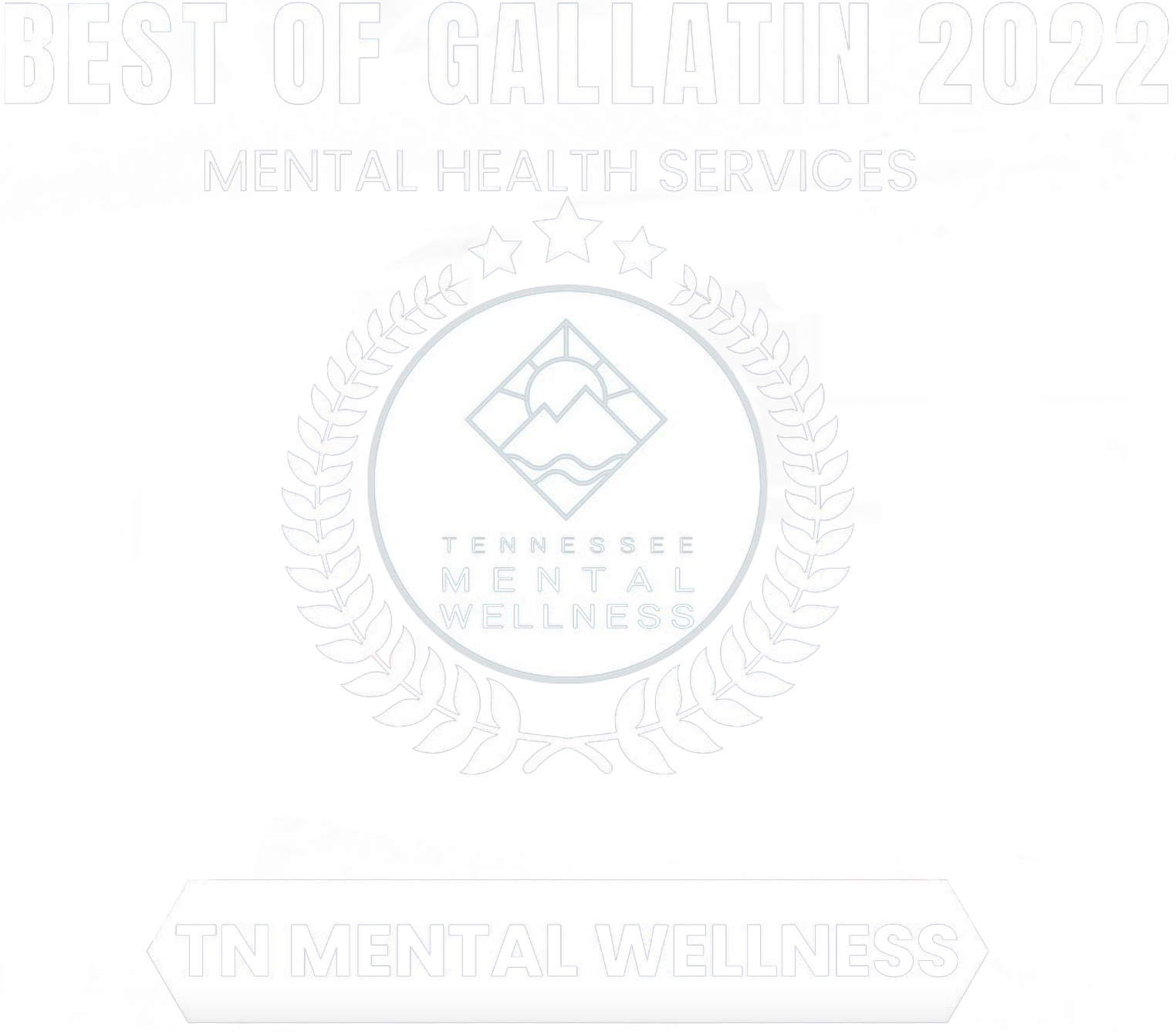Anxiety: What It Is and How to Manage It

Anxiety is one of the most common mental health struggles in the United States. It affects approximately 19% of the population of individuals 18 years and older. Whereas 9% of children and teens are reported to have anxiety. You may be wondering, “How does anxiety affect couples, moms, dads, teens, and families?” This question is not only an important one to consider but also a critical piece of understanding what anxiety really is and how to manage it.
What is Anxiety, Really?
So, you may be wondering what exactly anxiety is. As it affects a large portion of our population, it is an interesting phenomenon to explore. Anxiety is known as a feeling of unease and nervousness, typically over future events or outcomes. However, at the root of it, it is a symptom of disconnection. We often find ourselves disconnected from our authentic selves, stuck in trying to please everyone else.
This leads us to not take care of ourselves and feel pressure to do more than what is humanly possible. We are not taking this time to nurture ourselves through mindfulness and self-care. Or asking ourselves what we truly desire, instead of we end up doing too much for others and not enough for ourselves. This is the disconnection that leads to anxiety and other mental health struggles.
How Does Anxiety Affect Couples, Moms, Dads, Teens, and Families?
So, anxiety is the disconnection showing up. For parents, this may cause them to be stressed out and yell at their children. This can lead to disconnect within the family dynamic, causing further disconnection and anxiety. For moms and dads, this disconnection can cause them to feel like they are not being true to themselves. Mom may be experiencing anxiety due to the disconnection from the life she desired before having kids. Dad may feel disconnected from his family due to being too busy with work. All of this anxiety can have a profound effect on children, and the family unit as a whole.
Teens are already experiencing a lot of changes, and can often be uncertain of their identity. Anxiety may surface due to the disconnection from themselves, or feeling disconnected from a parent or family member. This is a difficult time. Causing them to feel misunderstood or isolated from their peers and family. This disconnection can cause a lot of it, making it difficult to function on a daily basis.
For couples experiencing anxiety, this can appear as a lack of connection or even a fear of intimacy. It can be further complicated by unrealistic expectations about relationships, or even past traumas that have gone unresolved. This can come from one partner, or both, and can manifest as arguments, avoidance, and even infidelity. One partner may feel disconnected and misunderstood, while the other may struggle to understand what is happening and feel overwhelmed or helpless.
So, when thinking about your anxiety, it is important to ask yourself, “where am I disconnected from myself and others?” This can be a great first question to start exploring the causes of your anxiety, and how to manage it. Being mindful of your thoughts and feelings in the moment can help you gain insight into what it is that you really want, as opposed to what you think should be done.
What Are Ways You Can Manage Your Anxiety?
There are many ways that you can manage and reduce your anxiety. When people think of anxiety management they often think of medication, but it is not the only solution. There are other clinically effective and non-invasive options for managing this.
Mindfulness and Meditation
Mindfulness and meditation are known to help with reducing anxiety and depression. For example, Mindfulness-Based Cognitive Therapy (MBCT) has been found to be effective in reducing depression relapse by 50%. It also helps with anxiety by decreasing rumination and worry. Allowing you to be present in the moment. However, this is when mindfulness is completed regularly. The minimum effective dose is 10 minutes a day, every day. This is like taking your brain to the gym. The more you do it, the stronger your brain gets, and can help with managing anxiety.
Be in the Moment
Another way to help manage this is to be aware of what your body is experiencing and feeling. Ask yourself “What do I really want?” and “What is my body feeling?” This can help you identify your needs in the moment and help you meet them. It can help you show up for yourself instead of betraying yourself by denying your needs. By being in the moment and checking in with your body, you can learn to identify your internal “yes” or “no”.
This is how your body feels when someone asks you to do something and there is that internal “Yes!” or “Ugh, do I have to?” When someone asks you for something and you feel that internal “no”, it is important to listen to yourself. To honor your needs and not betray yourself by doing something you don’t want to do. You need to honor your body’s evaluation and take care of yourself. Otherwise, that is when it can show up due to feeling disconnected from yourself.
Your Nervous System Needs Regulation
Sometimes, anxiety can come from trauma or a traumatic event. Especially if it can’t be pinpointed and it doesn’t come from any particular event happening in the present. Your anxiety just seems to show up out of nowhere. This could be a sign that the nervous system is stuck in a state of survival (flight) and needs some healing to get back into a regulated state.
A great recommendation would be to start therapy, as this can help with healing and regulating the nervous system.
Additionally, deep breathing exercises and being active can also help to regulate the nervous system. Your anxious energy needs to be worked out by walking, being active, and deep breathing. For example, you can start with a few minutes of deep breathing and then increase it to 10-15 minutes as needed. Or, when you start feeling anxious, you can go outside and take a 10-minute walk.
Anxiety Treatment 
As I briefly mentioned above, therapy is a great way to help with anxiety. As it can help to regulate your nervous system. However, it not only does that but it can help with every single aspect of anxiety. Such as the disconnection from yourself, the root causes of your anxiety, and how to manage it.
It helps you learn how to have a connection with yourself. You may think, “What does that even mean?” It means being aware of your thoughts and feelings. Being aware of your internal dialogue and how it affects your anxiety. Being aware of what triggers your anxiety or the situations that increase your feelings of anxiety.
Therapy is also a place to help you learn coping skills such as mindfulness and meditation to help reduce anxiety symptoms. It is also a safe place to explore and heal any trauma that may be present, as oftentimes this can lead to anxiety. Making sure to find a therapist that is trauma-informed can be especially important.
This means they are always assessing for trauma with each client. This is beneficial for an individual with anxiety because trauma can derail your nervous system. It can also be the root of your anxiety. Even if it’s not, your therapist will be able to support you to find the root of your anxiety and work through it.
Interested in Anxiety Treatment in Gallatin, TN?
Your disconnection from yourself and your anxiety symptoms do not have to be permanent. With therapy and other skills, you can learn to listen to your body and understand how to take care of yourself. You can gain support to reconnect with yourself and work through your anxiety symptoms. Our team of caring therapists would be honored to support you. We are happy to offer support from our Gallatin, TN-based therapy practice. To start your therapy journey, please follow these simple steps:
- Contact TN Mental Wellness
- Meet with a Caring Therapist
- Begin Reducing the Disconnection in Your Relationship With Yourself!
Other Mental Health Services Offered by Tennessee Mental Wellness
At Tennessee Mental Wellness, we understand that anxiety is not the only issue an individual may be dealing with. This is why we offer a variety of mental health services to meet your unique needs at our Gallatin, TN-based therapy practice. We offer services such as Anxiety Treatment, LGBTQIA+ Therapy, Art Therapy, Divorce Recovery, Postpartum Treatment, and Brainspotting. Other services offered include Health Coaching, Divorce Support Groups, Online Courses, and Corporate Seminars. Feel free to learn more by visiting our Blog or FAQs page today.










LEAVE A COMMENT